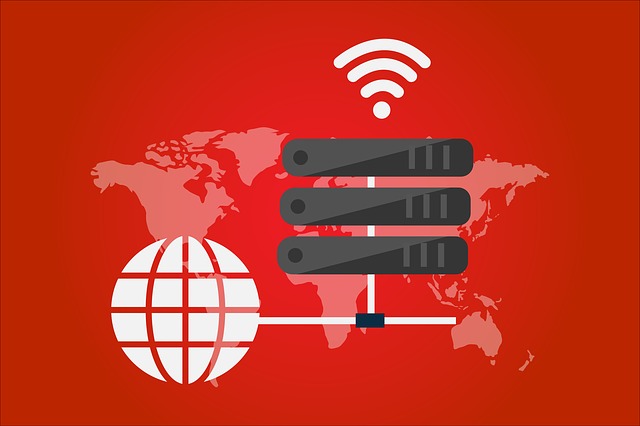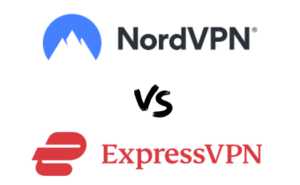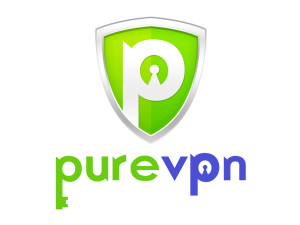The two most popular and powerful tools for maintaining online privacy and anonymity are Tor and VPN.
Both Tor and VPN, however, are vastly different tools and come with a unique set of advantages and disadvantages.
In this article, we’ll give you an overview of both Tor and VPN and decide which is superior once and for all.
Tor
With Tor, information is exchanged from your computer via the Tor network rather than connecting directly to the internet destination. This makes sure that you remain anonymous and no third-party has access to any of your information.
Advantages
- Tor is completely decentralized with hundreds of scattered networks around the world. As such, there’s no headquarters or a single entity that can be attacked for information. This makes it impossible to shut down Tor. Furthermore, due to its decentralized nature, there’s no single institution that the government can coerce into providing information about you.
- Tor is one of the most anonymous means of surfing the internet.
Disadvantages
- To ensure anonymity, messages in the Tor network go through over three servers and get encrypted and decrypted repeatedly. This makes it extremely slow, and you could potentially be waiting minutes or even hours to simply stream visual content.
- Tor is run entirely by volunteers and there’s no central source to finance it or keep it running. As such, several of the servers are old and have terrible networks. This further slows down the network.
- There’s the likelihood that one of the volunteers working on Tor might not be entirely trustworthy. There’s no central authority you can hold accountable for any data breach or violation of trust.
- Tor cannot be used on Apple devices like iPhones and iPads.
VPN
A VPN, or Virtual Private Network, essentially routes your connection through an external private server. VPNs consist of a network of servers distributed across various countries. Upon using the VPN service, your information is transmitted to that network and then proceeds to its actual destination. This hides your current IP address, encrypts your online data, and makes sure that your activities are private.
Advantages
- All your messages are completely encrypted. As such, no one — not your ISP, not the government, and not even the VPN service itself — can intercept the data. This is a useful tool for countries with a high degree of government censorship.
- Your internet speed is slowed down, but only by a negligible degree, especially if you use a powerful and reliable paid VPN service. In most cases, you shouldn’t even experience any inconvenience.
- VPNs can be installed and accessed within a few short moments. Anyone can access it.
- You get to choose which external server you’d like to connect to. As such, you can bypass geographical restrictions and pretend to be in another location than the one you’re in.
- VPNs are compatible with all browsers and devices — iPhones, iPads, Android phones, Linux OS, Windows, Mac, all of them.
Disadvantages
- Sometimes, the VPN software in your computer can fail. This can temporarily expose your activities. To prevent this from happening, you should use a paid VPN service with a kill switch feature. That will immediately shut down your browser the moment the VPN disconnects. As such, your internet activities will never be exposed.
- Some VPN services keep logs of your activities. As such, government bodies could potentially enforce them to give up your private information. To avoid this, you should only use trustworthy VPN services like ExpressVPN with a strict NO LOGGING policy.
- In order to ensure that the connection between your computer and the VPN server is strong, the encryption used needs to be strong. However, some of the VPN services use weaker encryption methods that can be broken. When looking for VPN services, make sure they use the industry-grade 256-bit Advanced Encryption Standard.
Tor vs. VPN: The Verdict
When you compare Tor and VPN, it’s clear that VPN is far superior.
For one, Tor is incredibly slow and it will make you want to smash your computer in frustration. And yes, VPN also comes with disadvantages, however, all of those drawbacks can easily be overcome. If you get a reliable paid VPN service that provides a Kill Switch feature, has a No Logging policy, and uses 256-bit AES encryption, you won’t experience any of the stated problems.
All things considered, I believe a reliable VPN will always trump over the antiquated Tor server.





